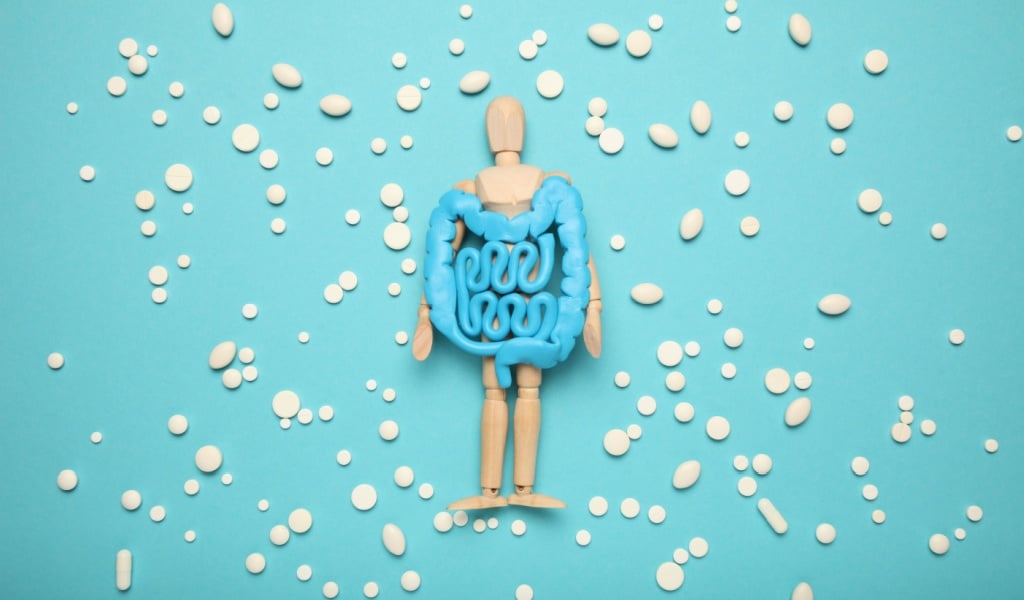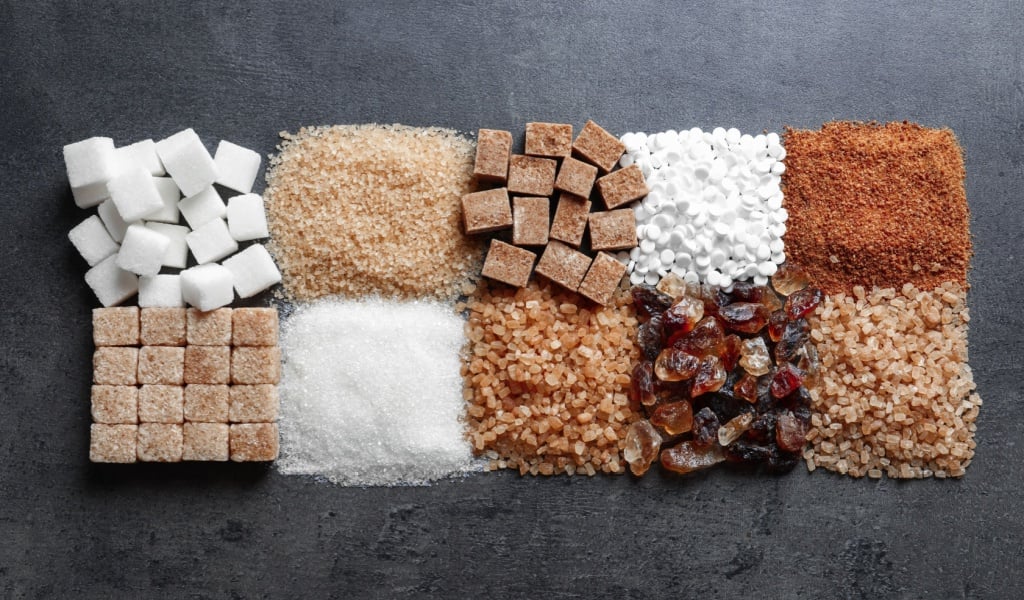If you find yourself craving that caffeine hit multiple times throughout the day, you’re not alone. Surprisingly, this also includes many teenagers who casually reach out for coffee to gear up for an event or get through a long study session. While caffeine boosts energy and helps with focus, consuming too much of it can harm your health!

The American Academy of Pediatrics strongly discourages young adults from drinking caffeine. Coffee includes a lot of caffeine, which is effectively a type of drug known as a stimulant. Simply put, caffeine excites the central nervous system, making the drinker more alert. Many people find that coffee temporarily boosts energy and even brightens their mood.
According to research, small doses of caffeine can improve mood, make one more alert, help to focus better, speed up reaction time, and help in faster information processing. However, this research focused on adults and not teenagers. Plus, consuming too much of anything can be unhealthy. It can cause many unwanted side effects in teenagers and adults. Some people are more sensitive to caffeine, so even consuming small amounts can cause problems.
Some adverse side effects of consuming coffee include restlessness, insomnia, nervousness, an upset stomach, muscle twitching, rambling speech, irregular heart rhythms, and psychomotor agitation like tapping the toes, pacing back and forth, and tugging at clothes.
The effects of caffeine kick off within only a few minutes of consuming it. Caffeine has a half-life of about five to six hours; so after consuming it, it can take five to six hours for half as much caffeine to remain in your bloodstream!
How Does Coffee Affect The Adolescent Brain?
Adolescence is a sensitive age and a crucial phase for brain development. Most neural connections in the brain are formed during these years and will continue maturing into the mid-twenties. Consumption of coffee and caffeine during such crucial growth phases is cause for concern.
According to research, drinking caffeine from a young age can stunt brain development by weakening the efficiency of these growing connections and even stopping them from forming.
Moreover, caffeine triggers the brain to burst with dopamine, also known as the happy hormone – a similar reaction that also leads to drug addiction! The effect of caffeine in the brain’s reward and addiction center can influence a teenager’s drink preferences later in life.
What Are The Other Impacts of Coffee On Teenagers?
- Caffeine in coffee can seriously affect a teenager’s sleep. Every 10 mg of caffeine a teenager consumes reduces his likelihood of getting an 8-hour sleep by 12%. Sleep deprivation affects not only their physical and mental health but also their performance and education.
- Caffeine can make the body lose calcium, leading to bone loss over time.
- If a teenager has underlying health issues like heart problems, then coffee can aggravate it and adversely interact with some medicines and supplements, too.

A lot of teenagers confess their addiction to caffeine. In fact, they are so dependent on it that they could have some serious trouble quitting or cutting back on their caffeine intake. A teenager who drinks coffee regularly may experience some withdrawal symptoms when they try to cut back. Some of these include fatigue, headaches, depression, drowsiness, anxiety, irritability, difficulty concentrating, impaired cognitive performance, and even flu-like symptoms.
Advise teenagers to gradually reduce their coffee intake. For example, if they consume two cups of coffee in the morning, cut it to one cup and progressively reduce it further so it’s only one or two cups a week. If they crave the taste of coffee in the afternoon, try a decaf brew instead.
Many people drink coffee because it makes them feel alert, so you can encourage teenagers to find new ways of boosting their energy levels. If they’re tempted to reach out for a cup of coffee, encourage them to take a quick walk around the block instead. When you get physically active, you circulate oxygen throughout the body and release mood-enhancing hormones.
Bottom Line
Coffee is very easy for teenagers to get hold of – and it’s not something they immediately associate as unhealthy. However, caffeine overdose is a real risk, which is why it’s so important to educate teenagers about the dangers of consuming too much caffeine.
As a parent, watching your teenager grow a coffee dependency can be concerning. Teenagers have a well-deserved reputation for being rebellious, so banning them from drinking coffee can have the opposite effect, so caregivers must take a more proactive approach.
Start by sharing what you know about the harmful effects of too much caffeine. Talk to them about how it can disrupt not just their physical and mental health but even impair the development of their brain and affect their appearance. It’s also important to lead by example. If you drink a lot of coffee, your teen is more likely to follow your lead. So when you advise your teenager to cut back on coffee, make it a family effort. Make sure to stock up on decaf coffee and herbal tea as alternatives for coffee.
Finally, if your teenager has agreed to cut back on their coffee intake, be supportive and help them cope with any withdrawal symptoms they might be feeling. They are likely to be even more irritable than usual, but be patient with their mood swings, praise them for their efforts, and keep encouraging them. Your words and support can go a long way in helping your teenager get rid of their unhealthy coffee addiction!



